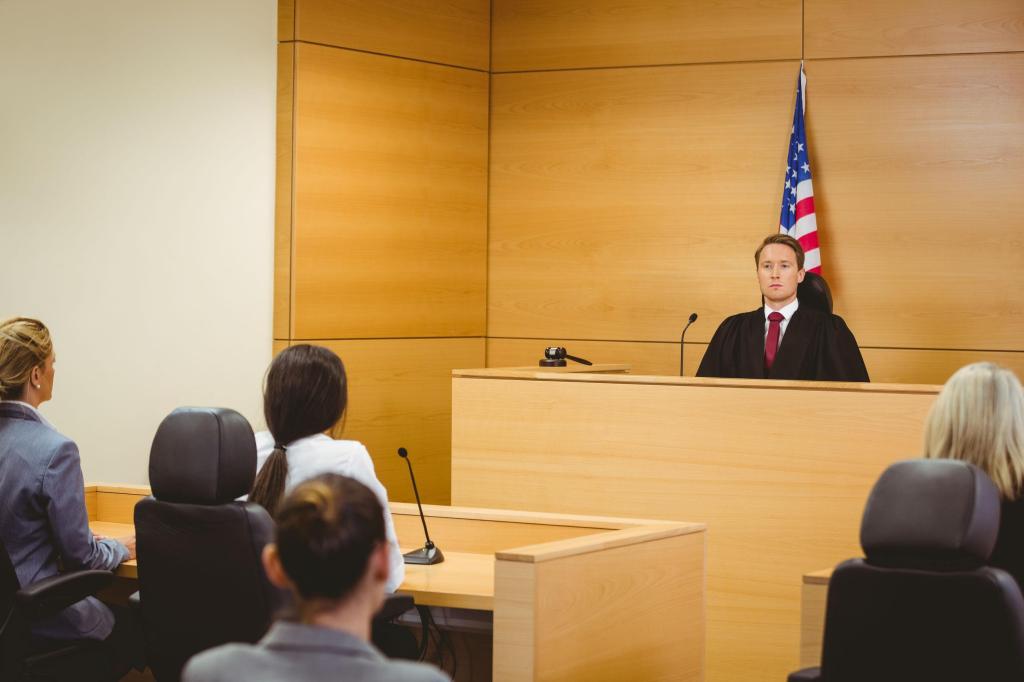Apple vs Qaulcomm: A Recap
Article By : Prakash Sangam

An analyst describes the many cases between Apple and Qualcomm and their potential impacts for the companies and the cellular industry.
By some accounts, there are more than 70 trials globally between the two mobile giants. Some are direct head-to-head battles, some involve third parties such as contract manufacturers, and some involve regulators.
The volume of cases each side brings aims to create leverage so it can negotiate from a position of strength. Although Qualcomm has been saying for some time the two will settle, it looks more and more like any settlement will be in the court, rather than outside it.
The details of each cases are almost mind-numbingly complex, and it’s easy to get lost in this maze. Nevertheless, these cases could profoundly affect the wireless industry and patent-licensing practices in many countries. So, here’s a guide to the cases and their significance, starting with the main ones that recently concluded and including ones that will play out soon.
The Japan Fair Trade Commission (JFTC) case started in 2009 and concluded earlier this year. It was one of the oldest cases, and was the first of a series of antitrust cases against Qualcomm around the world.
In 2009, the JFTC ruled Qualcomm’s cross-licensing practices violated Japanese antimonopoly laws and issued a cease-and-desist order. However, after the nine-year evaluation, the JFTC reversed its order in March 2019 and concluded Qualcomm’s practices were legal and not anticompetitive.
The Korea Fair Trade Commission (KFTC) case started in 2009 and was updated in January 2019 when the Korean Supreme Court overturned one of several lower court rulings against Qualcomm for abusing its dominant market position. As a result of its ruling, in March 2019 the KFTC reduced Qualcomm’s fine from $242.6 million to $200 million.
Qualcomm vs. Apple cases in China and Germany started in 2017 and concluded last year.Qualcomm sued and won patent infringement cases against Apple in China (in December 2018) and Germany (in January 2018). German regulators stopped Apple from selling infringed iPhones in the country. Qualcomm is persuing similar action from Chinese authorities.
Federal Trade Commission vs. Qualcomm trial in U.S. District Court of Northern California started in 2017. The FTC–supported by Apple, Intel, Huawei, and others—asked the court to rule Qualcomm’s “no license, no chip” policy is anticompetitve and force it to license rival chipmakers. Qualcomm claims that means it could not get the fair value of its system patents from handset makers, and it would disrupt established industry practices–and I agree with Qualcomm. The hearing ended January 31, 2019. The judge’s decision is expected any day.
Qualcomm’s complaint to the International Trade Commission against Apple started in mid-2017 and awaits a final decision.Qualcomm complained to the ITC that Apple was infringing three of its patents and requested a ban on importing all iPhones that use Intel modems.
In November 2018, an ITC judge ruled Apple is infringing one of the patents, but did not agree to an import ban, stating it would compel Intel to exit the cellular modem market, reducing competition. The case was referred to the full panel of the ITC where a final decision is expected on March 26, 2019.
Apple vs. Qualcomm trial in U.S. District Court of Southern California started in 2017 and concluded earlier this year. Qualcomm alleged Apple infringed three non-standard essential patents (non-SEPs). In March 2019, the court ruled Apple had infringed all the three patents and awarded Qualcomm $1.41 per handset, about $31 million in total. Although the money involved was not significant, the win underscored the value of Qualcomm’s non-SEPs which Apple has discounted.
Qualcomm vs. Apple and its contract manufacturers trial for breach of contract started in 2017. I see this as the mother of all the cases, a complex mix of claims and counterclaims.
The case started when Apple sued Qualcomm for not paying the discounts owed to it for using Qualcomm’s modems exclusively. Qualcomm claims that Apple breached the contract (called the Business Cooperation and Patent Agreement) by complaining to various antitrust agencies around the world.
Apple asked its contract manufacturers–such as Foxconn, Pegatron, and others–to withhold license fees due to Qualcomm. Apple also promised its contract manufacturers it will cover legal and other expenses they may incur for not paying the license fees. Qualcomm sued Apple for illegal interference and sued the manufacterers for breach of contract.
This case set off sparks even in the pre-trial phase. The judge ruled Qualcomm should pay Apple discounts, amounting to about $1 billion, but rejected Apple’s request for a preliminary judgment.
The case could have impacts on cellular licensing practices in the U.S. It could shed light on whether Qualcomm’s SEP licensing deals with Apple were fair, reasonable and non-discriminatory (FRAND). In addition, the court could decide whether Apple was negotiating with Qualcomm in good faith or was an unwilling licensee, voiding FRAND requirements. It also could decide whether Apple’s instruction to its manufacturers to withhold licensing payments from Qualcomm was lawful and whether contract manufacturers are guilty of breach of contract.
This trial is set to start on April 15 and run through mid-May. It may bring to light documents not previously made public in earlier cases, detailing licensing terms, rates, and details of negotiations.
If the two parties don’t settle soon, there are many more cases in the pipeline. I will be watching the developments closely, providing my views along the way.
— Prakash Sangam is founder and principal at Tantra Analyst LLC